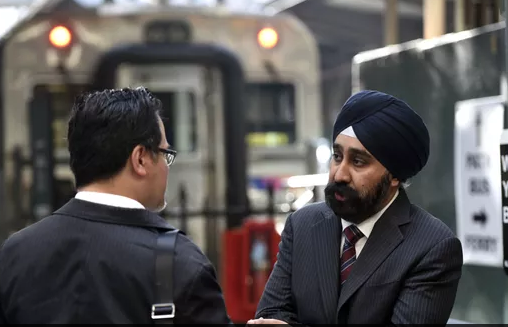northjersey: Last week, Gov. Phil Murphy announced the results of his audit of NJ Transit. The audit, he said, found a “lack of critical future-focused strategic planning” and found funding to be “inadequate, uncertain, and unsustainable,” among other major failings.
But – in addition to the problems – the audit also began to outline possible solutions.
To the central, underlying issue of establishing long-term, sustainable funding for NJ Transit, the audit identified real estate development on the agency’s considerable land holdings as a way to create new revenue streams. Through various mechanisms, NJ Transit could secure funds for infrastructure improvements and recover the increased property value created as a result of the real estate development.
The audit states that transit agencies in Boston, Denver, and Kansas City, have used some combination of these mechanisms to capture revenue. But there’s a local example already in motion here in Hoboken.
The Hoboken rail yards redevelopment would drive more than $150 million to NJ Transit in a combination of infrastructure improvements and non farebox revenue. The project would restore the historic terminal and plaza, create a new bus station, and reactivate the Ferry Terminal Building, while also creating a new hub for innovation economy companies and other emerging technologies.
The increased property value created through these improvements and new development would also accrue back to NJ Transit, as well as to the City and State, in the form of annual tax revenues and economic spending totaling more than $3.5 billion.
In line with the governor’s economic vision for New Jersey and his goal to create 300,000 jobs by 2025, the project would also generate more than 20,000 jobs, including jobs in high-wage industries and good union, construction jobs. Check it out >>

